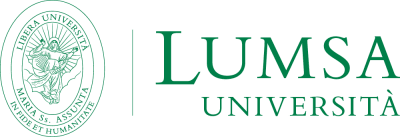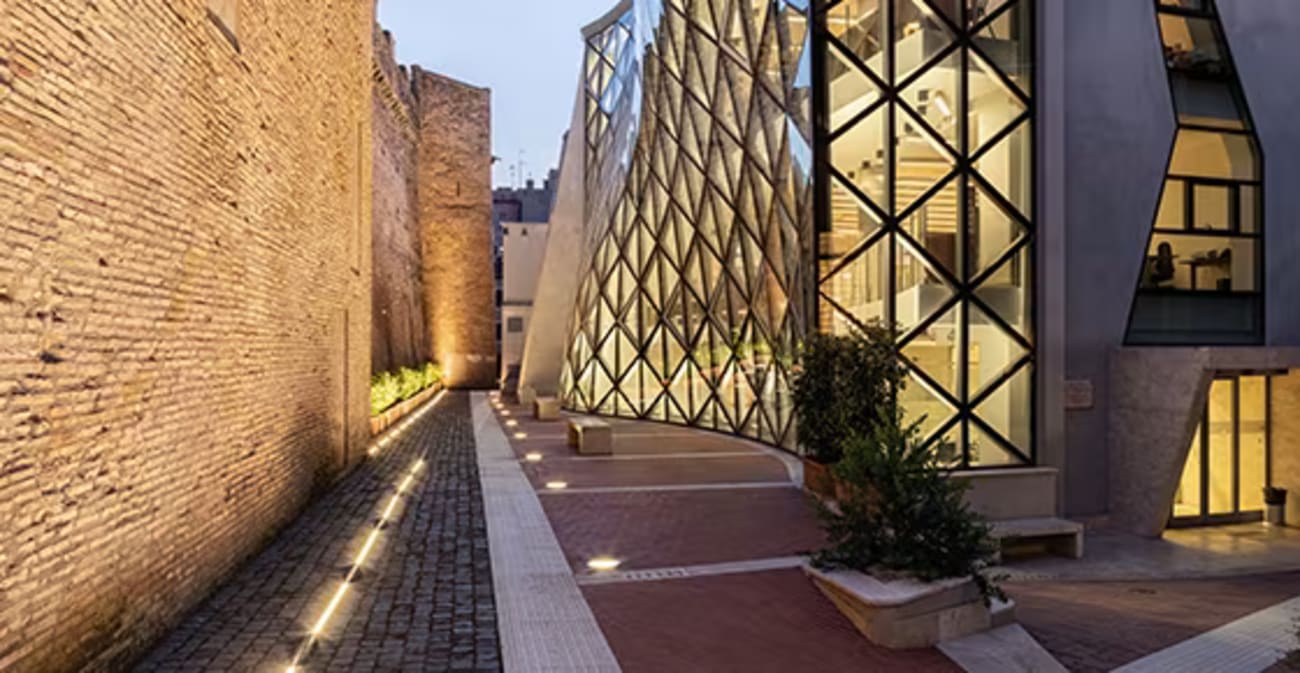LUMSA (Libera Università degli Studi Maria Ss. Assunta di Roma) is a public non-state Italian university formed on Catholic principles. It is the second oldest university in Rome after Sapienza and was founded by Luigia Tincani in 1939. LUMSA is accountable to the state university system and awards qualifications equivalent to those issued by state universities. Professionalism, growth, and development are the University’s fundamental principles, along with teaching, employment, research, and the student experience.
Our History
The University was established on 26 October 1939, the date it received both its canonical erection and civil recognition by the Italian State. Unusually for that time, it was established by a woman, Luigia Tincani, together with Cardinal Giuseppe Pizzardo, and has enjoyed the protection and support of the Holy See from the very start.
It was initially granted the status and title of Istituto Superiore Pareggiato di Magistero Maria Ss. Assunta was a state-recognized higher education institute and was essentially a university with a single faculty - education - offering a selection of degree programs.
It was established for two principal reasons, the first being the more immediate and practical need to provide easy access to higher education for nuns called to teach in Catholic schools; the second, more profound, reason was to contribute to an intellectual and humanistic education free from the ideological pressures of the time, which sought to monopolize education and instruction.
The student body grew and developed in the 1960s and 70s, enrolling lay female students and offering a broader range of programs.
As part of a four-year university development plan in Italy, it became a "free university" in 1989 and grew into a multi-faculty institution that also offered degree programs, and was one of the first Italian Universities to offer programs in Communication Science and Journalism within the Faculty of Arts. Law, politics, economics, and psychology were also added gradually to the portfolio. Particular focus was maintained on education and pedagogical study, which also incorporated extracurricular education and the entire social services sector.
The late nineties also saw the opening of campuses in Taranto (Puglia) and Palermo (Sicily) with unanticipated success. At the same time, the complement of teaching staff was enlarged in terms of number and duties, taking on research commitments in their various specialist fields and developing international relations. Particular attention was devoted to the Erasmus project, and LUMSA was recognized by the European Union as being one of the best universities in Italy for developing European programs.
LUMSA is a private Italian university open to the public, which awards recognized qualifications; it has been supported and encouraged by each successive pope. It reflects the principles of Catholicism in the training it offers and in the education of the young people who study here, both in the direction that the teaching takes and the higher values attached to its research, such as fraternity, solidarity, equality, and peace.











